Codes and Standards
As clean hydrogen energy becomes more prevalent in Texas and the rest of the world, attention must be given to safe practices in producing, storing, and transporting hydrogen. Hydrogen can present and a safety hazard, and its use in many emerging applications can present challenges. Fortunately, the
traditional hydrogen industry has standards on the safe engineering design, handling, and sensing of hydrogen. The Department of Energy's Hydrogen Safety Program and H2 Tools website is a great resource for codes, standards, best practices, and safety training literature. https://h2tools.org.
In Texas, the Railroad Commission of Texas’s Hydrogen Production Council will provide recommendations relating to the Railroad Commission’s (RRC) policy framework, monitor regional applications, and develop the oversight and regulation over hydrogen. Additionally, the Council may make recommendations relating RRC rules or changes in statute for hydrogen production, conveyance, and storage. For more information, please visit the RRC’s website at www.rrc.texas.gov.
The Texas Hydrogen Alliance has a Technical Standards and Safety Committee. This Committee will track federal, state and local laws and codes impacting Hydrogen. It will make recommendations to GAP on policy advocacy and/or potential legislation. It will collaborate with the Hydrogen Safety Council, NFPA, TEEX (AM Fire School), TDEM: Texas Department of Emergency Management, Railroad Commission of Texas, etc. Additionally, it will work with the Education and Outreach Committee to develop a consistent message on the safety of Hydrogen and strategize the most efficient means to convey this message. If interested in serving on this Committee, please reach out to info@texashydrogenalliance.org
News
ABS Publishes Requirements for Liquid Hydrogen Carriers
Liquid organic hydrogen carriers will dominate hydrogen transport method. Hydrogen is bound to be limited to local production and consumption.
Transportation fuel will be the main driver and leading application for hydrogen. Hydrocarbon production, processing, and refining will catalyze green hydrogen production.
Texas is already hydrogen friendly with two-thirds of the country’s hydrogen transport infrastructure. Additionally, the coastal geology of Texas is strategic for long-term storage of hydrogen and carbon. Using existing infrastructure will mitigate the economic hurdles of transition and encourage affordability. Texas already has existing production, transport, storage and end-use footprint coupled with a robust industrial sector that includes petroleum products, chemicals, and plastics. The Texas Gulf Coast is the nation’s largest regional port capacity. All of these factors make Texas prime for the Hydrogen transition.

